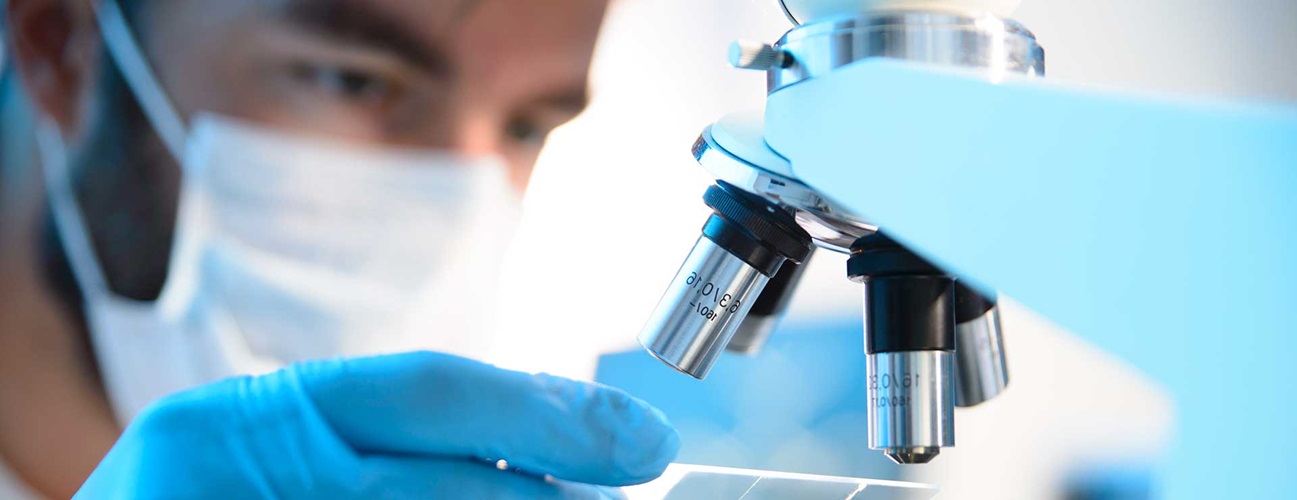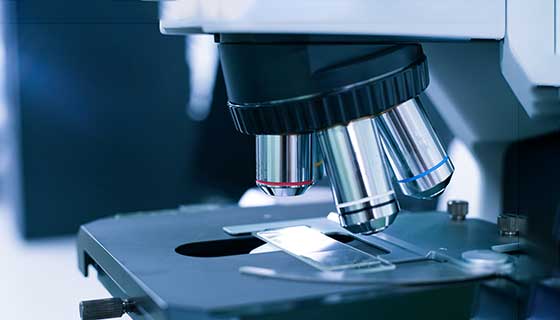Surgical Pathology
What is surgical pathology?
Surgical pathology is the study of tissues removed from living patients during surgery to help diagnose a disease and determine a treatment plan. Often, the surgical pathologist provides consultation services in a wide variety of organ systems and medical subspecialties. Surgical pathologists provide diagnostic information and/or second opinions. For example, when performing breast cancer surgery, a surgical pathologist's exam of tissues removed during surgery can help the surgeon to determine whether to remove lymph nodes under the arm as well.
Surgical pathology includes both the physical exam of the tissue with the naked eye, as well as examining processed tissue under a microscope. New techniques of exam of tissue and cell specimens involve molecular diagnostics (DNA/RNA analysis). This involves analyzing DNA and proteins in the blood. Examples of the uses of the technology include the ability to:
-
Distinguish between benign (noncancerous) and malignant (cancerous) white blood cells
-
Detect early genetic changes that may result in cancer
-
Identify infectious agents in body tissues





.ashx?h=123&iar=0&mh=260&mw=380&w=200&hash=CC72FE9D05912EFC67AA8EBC3E29B9F0)